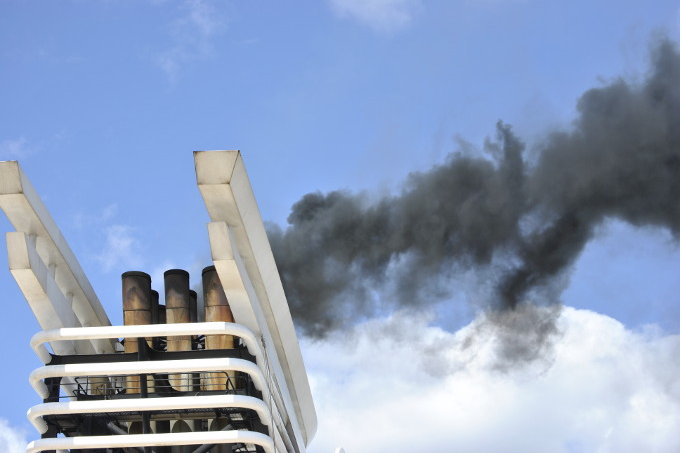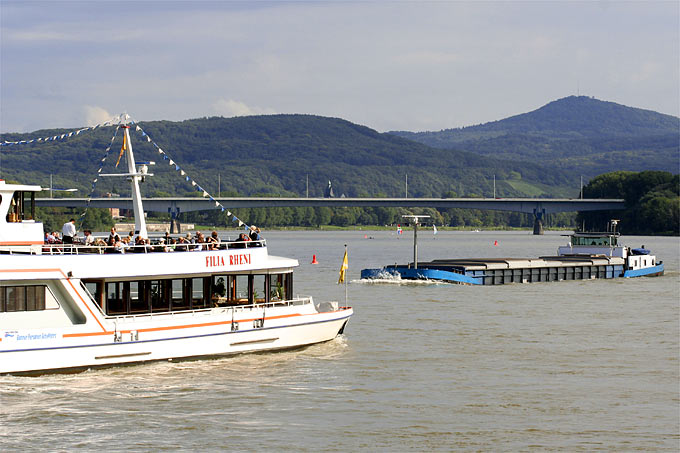Reducing shipping emissions
SECA compliance and enforcement

Schiffssschlot - Foto: NABU/Schulte
As of January 2015 stricter requirements regarding the sulphur content of marine fuels are in place in european emission control areas (SECAs). This so-called sulphur directive requires all ships operating in the North and Baltic Sea or the English Channel to switch to low sulphur fuels with a maximum sulphur content of 0.1% instead of heavy fuel oil with up to 3.5% or to install scrubbers as exhaust gas cleaning systems alternatively. Although low-sulphur marine gas oil is still more than 100 times as dirty as road fuel for cars and trucks such a step will lead to a massive improvement of air quality in neighbouring countries. Toxic shipping emissions are carried up to 400 km inland therefore affecting not only concentration levels in port cities and next to coast lines. Air pollution from ships also accelerate climate change and have severe negative impacts on eco-systems. Experts estimate that shipping emissions cause up to 50,000 premature deaths and costs for the health sector of round about 60 billion a year.
As a matter of fact the European sulphur directive could contribute to a significant improvement of air quality in large parts of Germany and Europe - however, proper surveillance and enforcement is needed. Unfortunately, today it is only the port state control who checks ship operators for the used bunker quality. Other controls, especially those on open sea are almost nowhere in place which is in particular critical as fuel with a better quality are more expensive than the cheap heavy fuel oil. Together with bad enforcement and low fines this creates a potential incentive for cheating as even relevant shipping companies like Maersk or Hapag Lloyd concede and criticise. They fear market disadvantages for those companies who do comply with the rules.
NABU asks for a better enforcement of the European sulphur directive due to improved surveillance and control schemes, continuous monitoring and live reporting as well as adapted fines.
More Information
Busses, Trains, Cars and Bicycles – there are manifold possibilities and means of transportation to navigate through one's day-to-day life. A comprehensive mobility is a given natural for our modern way of life, however, at the same time certain modes of transport have drastically negative effects on our climate, environment and health. more →

